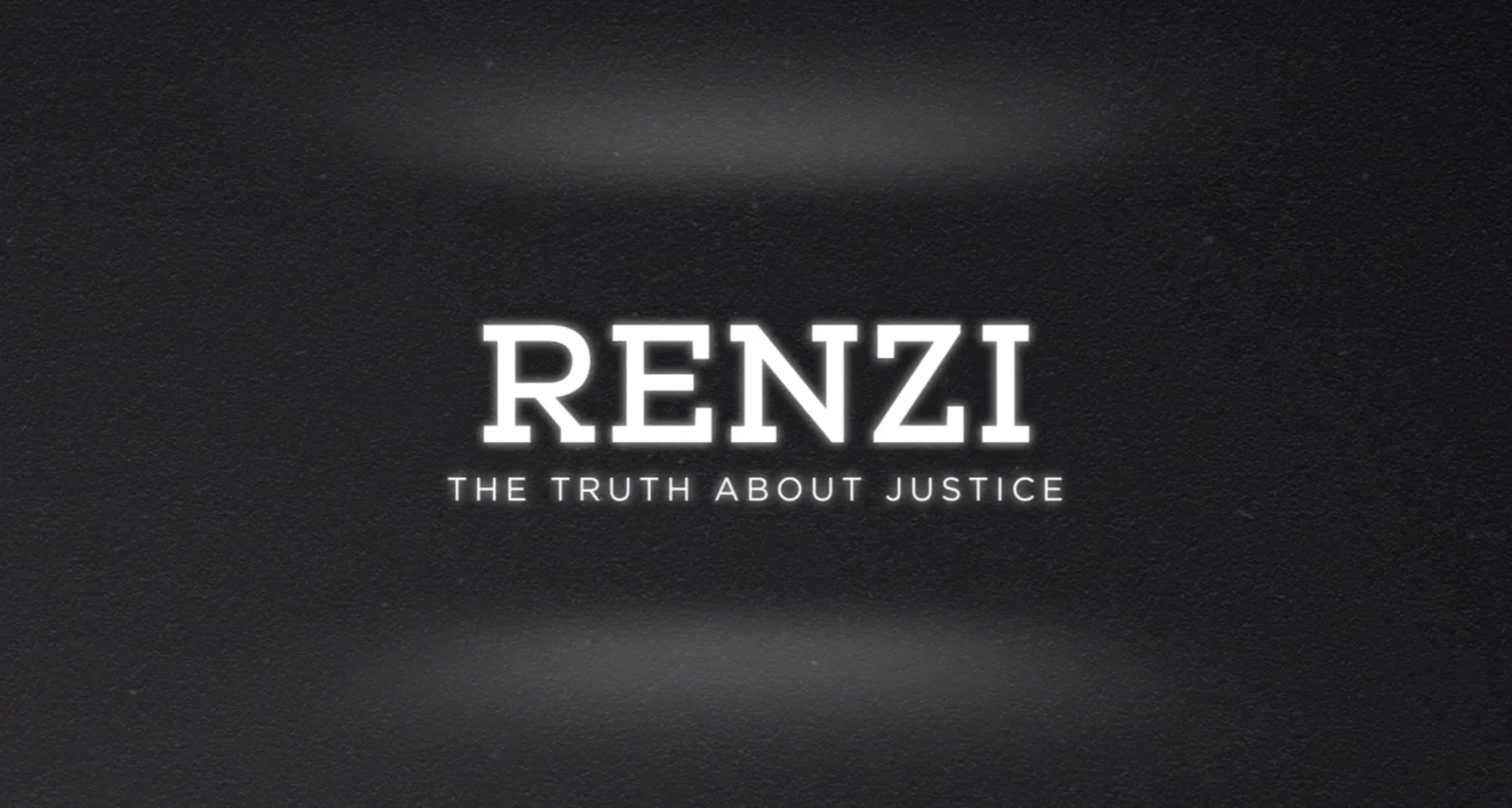Janus vs. AFSCME looms large for liberal spending groups
By: David Huguenel, Vice President at Jamestown Associates
Any day now, the United States Supreme Court could finally hand down a potential landmark decision in Janus vs. AFSCME, a legal case that could have long-lasting effects on public sector unions and their ability to collect mandatory membership dues from government employees. If the ruling comes down against the unions, it could prevent them from dumping millions into Democratic campaigns, considerably dialing back their political capital.
Most of the conversation regarding the potential ruling has centered on the ramifications for unions such as AFSCME, SEIU, and teachers’ unions, whose millions and millions in political spending have made them a financial force in the realm of politics. The bottom line is that without compulsory membership dues filling their coffers, it’s unlikely that these groups will remain the goliaths of political spending they’ve become over the past decade, and that has them scared.
But they’re not the only ones who should be afraid. Democrats – who are, by and large, the major beneficiaries of unions’ millions in political spending – also stand to lose a great deal. Since 1990, a whopping 93% of all public sector donations have gone to Democratic candidates and causes. Understandably, most pundits have focused on the impact that an unfavorable ruling towards AFSCME might have on Democrats’ fundraising abilities in future elections.
However, a ruling that would strip these unions of guaranteed dues may have other important consequences that have yet to be discussed – namely, the potential resurgence of private sector unions as a main hub of Democratic fundraising.
In 2016, public sector and teachers’ unions outspent building trades and industrial unions by over $32 million. But just ten years prior in 2006, private sector unions outspent public sector unions by nearly $5 million. In fact, private sector unions outspent their government counterparts every year as far back as 1990.** It wasn’t until 2010 that government unions’ spending skyrocketed past their private sector cousins.
As the Supreme Court deliberates Janus vs. AFSCME, the important question isn’t simply whether Democrats will suffer if public sector unions are no longer able to involuntarily siphon money from their members. Smart observers will also be mindful of whether or not the Democratic party will be able to readjust its messaging in order to appeal to private sector unions who, unlike public sector unions, rely on a strong economy for the health of their membership. This will be especially interesting to watch play out in swing states that voted for Obama in 2012, but swung for Trump in 2016.
One thing is for sure – Democrats will have a lot of work to do to court those private sector unions. While public sector unions and their members wear their hatred of President Trump like a badge of honor, private sector building trades and unions have been warmer to him, meeting with President Trump in 2017 to discuss infrastructure and taking the time for a photo op. One can also safely assume that many of the blue collar workers who make up these unions are receptive to Trump’s "America First" policies like the recent steel and aluminium tariffs, and his tough talk on China. But this support for Trump is far from the first time that private sector unions have been vocal supporters of Republican candidates who spoke to issues important to them; in 2013, for instance, NJ Governor Christie received the support of many of the state’s private sector union leaders.
Equally concerning to Democrats should be the voting habits of actual private sector union members. Trump’s victory in 2016 was due in large part to his success with blue collar workers, a once-reliable block of votes for Democrats. Winning them back after losing out on their public union cash cow may prove a daunting political task.
But Democrats not only need to find new ways to court these voters; they also need to appeal to their union leadership. Will they be willing to meet in the middle? If recent history is any indicator, probably not: after their bitter loss in 2016, the Democrats have largely dug their heels in the mud, making it clear that grabbing sanctimonious headlines is a higher political priority to them than adopting practical, common-sense fundraising practices and making necessary political recalculations in the wake of Trump’s victory.
Is this sort of financial virtue signaling the hill the Democrats’ really want to die on? The answer hinges on whether or not the Supreme Court rules in Janus vs. AFSCME to allow public sector union members to opt out of paying dues to unions that they don’t want to belong to. If they do, buckle up – a sudden and unexpected resurgence of private sector unions and their political muscle should usher in a new paradigm for upcoming elections.
*For purposes of this article, spending totals for public sector unions also include spending by teachers' unions. Private sector unions refer to total spending specifically by building trades and industrial unions. Information was collected on OpenSecrets.org.
**Public sector and teachers' unions outspent building trades' unions by $342,404 in 1998 and $359,300 in 1994, meaning spending was all but tied















